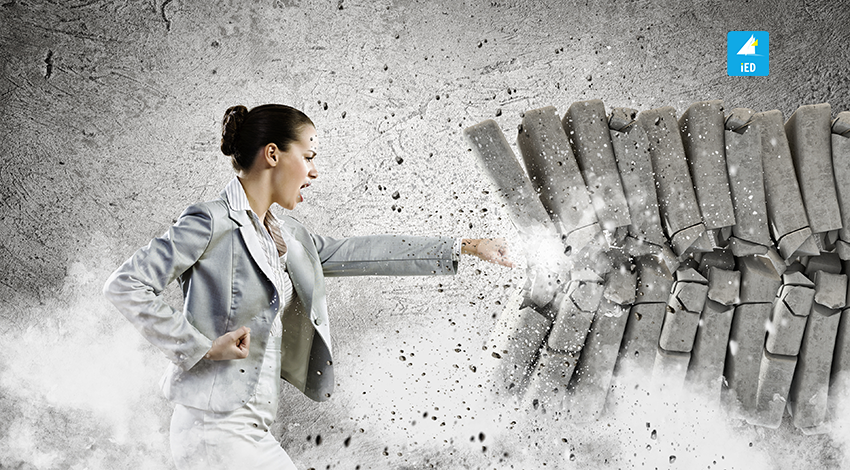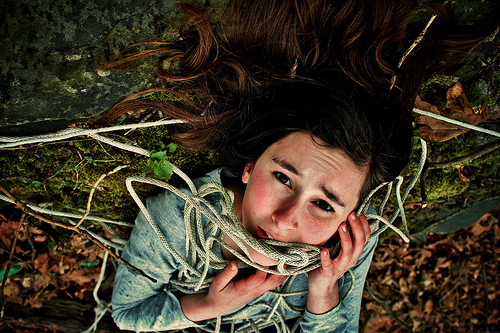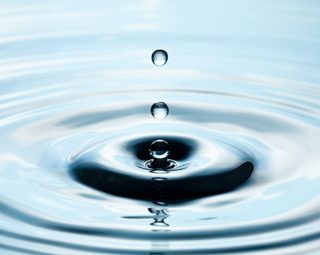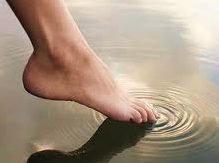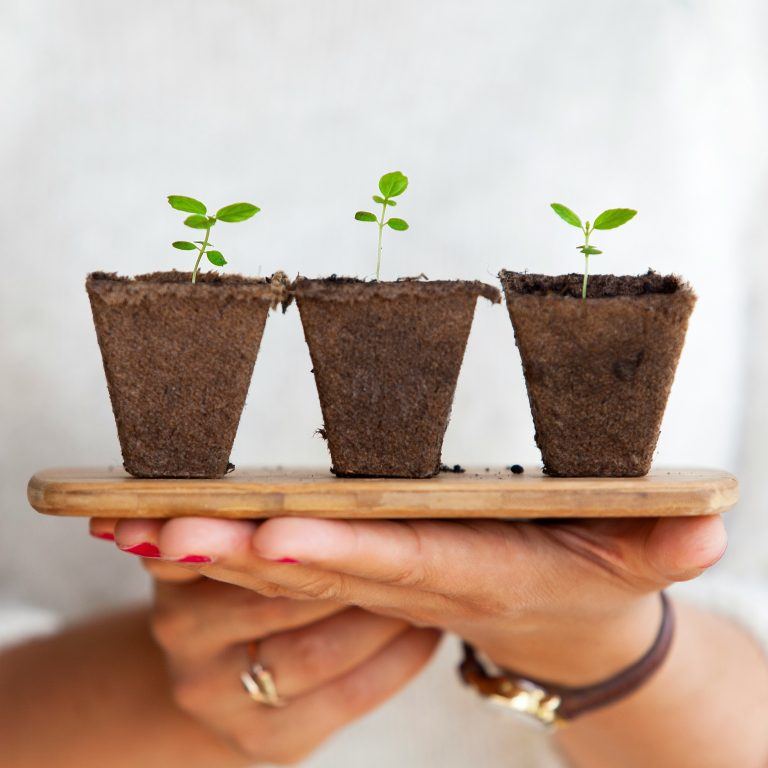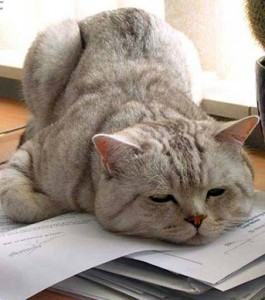Ways Writers Can Hack through Distractions
Last week we looked at the “why” of distraction, and how large, looming projects (such as writing a book) can intimidate us to the point of distraction. So let’s look at ways we can hack around (or through) those distractions.
Consider Compartmentalizing Tasks
Here’s another hack I use. I’ll list all those things I want to get done over a week, and they’re usually big projects I’m working on (writing and editing). I know myself well enough to realize that if I work on just one project to the exclusion of all others, I’ll get distracted. I’ll be thinking about that editing job I’m late starting. Or those blog posts I must get written for my blog.
So I’ll allocate compartments of time during a day so that I get some work done on multiple projects. For instance, I might decide to put in two hours on my novel, one hour writing blog posts, one hour to do two email blasts, two hours for a client’s critique, and two hours editing for another client. When the thought pops up “You really have to get that guest post done for Angela,” I can mollify my rippling anxiety by reminding myself: “You’ve put that on Friday’s schedule. So forget about it.” And, guess what? I do!
What this hack results in is a sum total of accomplishments at the end of the week that would still get accomplished if I did them one at a time, start to finish. But the difference is this: if I do them one at a time, I will have to fight distraction and guilt and grumpiness the whole week because the pressure of not making progress on all those other things will eat at me. And my productivity and quality of work will be affected.
Conversely, at the end of each day, I can look at all those projects I make headway on, knowing by the end of the week I’ll have met my goals. I feel great when I complete all those little compartmentalized projects. Yes, they’re only partially done each day. But I know my personality, and I like juggling a lot of different things. And I get antsy and bored if I spend too many hours in one day on one thing.
That’s how I am. You may be different. But if this sounds like something that would work for you, give it a try. Set a timer. When that hour is up, leave it, take a break, then jump into the next compartment.
It can be fun too. And when you pick up the next day where you left off in your writing, you’re chomping at the bit—because you stopped right in the middle of something and know how to pick it up and get running.
Deal with the Messy Desk
What else distracts you when you’re trying to write? I talked about turning off notifications and unplugging your phone. But what about your work environment? Is your desk area a mess? Does that distract you?
Some people thrive in chaos, so if that’s you, cleaning up your work area isn’t going to help you be productive. But if you’re the type that finds her eyes wandering to those sticky notes dangling from your computer monitor or the photos on the wall of your grandkids (or that jar of Hershey’s Kisses), maybe it would be a good idea to clear them out of your sight. This is a little thing, but it could make a difference in your concentration.
What about music? Does that help or hinder you when you write? I know one author who selects specific movie soundtracks to listen to when he writes. If he’s working on a high-action, tense suspense scene, he’ll choose music to fit that. It gets him “in the mood.”
Music, and just about any noise, distracts me, as I mentioned earlier, so I turn off everything I can when I’m writing. However, the sound of the rain pattering and the creek gurgling outside my window is soothing and helps my mood.
Reward Yourself
Just as with those hacks, distractions can be a mind game. So if you’re prone to being easily distracted, why not bribe yourself to work up the motivation to best them? Tell yourself if you focus and write three pages, you can then get up and grab a piece of chocolate. I have multiple jars of chocolate in my house. When I get through writing a challenging passage, I’ll give myself permission to eat some chocolate.
If you have serious eating disorders, this might not be a good idea. But I think a lot of people find a reward system motivating. I’m sure this has to do with our childhood. “If you’re good and sit there quietly, Mommy will buy you an ice cream, Johnny.”I know—we’re all grown up now and shouldn’t have to stay stuck in that reward behavior mentality.
But it works. It feels good to reward yourself when you’ve accomplished something. We too often storm ahead on projects without stopping to pat ourselves on the back.
Be nice to yourself. Soak in that good feeling of pride and satisfaction when you finish writing a scene. That, to me, is the best part of writing! Even if the scene still needs a lot of work, instead of looking at the flaws, be glad you got the scene roughed in and written down.
This goes back to the A in the Productivity ABCs—you have to work on that uplifting self-talk. Don’t focus on the negative and what you didn’t get done or what’s bad about your writing. You’ve learned that negativity is a productivity killer. And it’s distracting.
Other Ways to Cut Down on Distractions
Take those little breaks. Concentrating hard is tiring, so give yourself a five- or ten-minute break every hour. Stand, stretch, grab a snack, wash a few dishes, play with the dog.
If you do have to work in a noisy environment, consider getting headphones. Either snuff out the noise or play some music (if that helps) or white noise. I log on to Simplynoise.com and choose the type of noise color (yes, there are varieties of noise) I want to listen to, then crank it up. I prefer the lower tones to the higher ones. Also, when people see you in Starbucks, for example, with headphones on, they’re less likely to bug you and start up a conversation.
Think about what distracts you. Make a list (sometimes making lists is a distraction!) of everything you can think of that distracts you when you’re trying to write, then work to eliminate those distractions. Create a “Stop Doing” list and then work to cross those items off your list.
I mentioned how I often go to my local library to write tough scenes because I am so easily distracted, and I will stop and clean my floor instead of write. I still have to fight the urge to wander onto the Internet, but I’m not willing to set up apps to prevent me from doing so. If I ever get that out of control and can’t rein in my wandering, I’ll consider lockdown.
Only you know your habits and choices and attitudes. The purpose of this exploration is to help you examine your ABCs and through that process make some new, different choices so that you’ll be super productive.
What have you found works for you when it comes to hacking through your distractions? Share in the comments!

